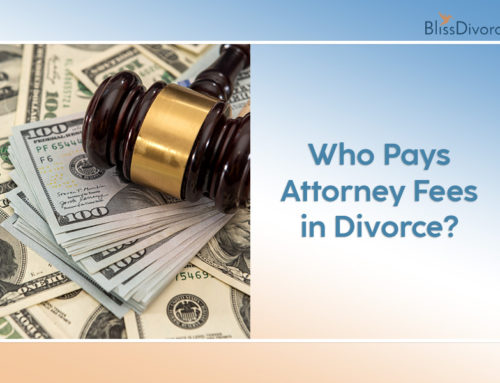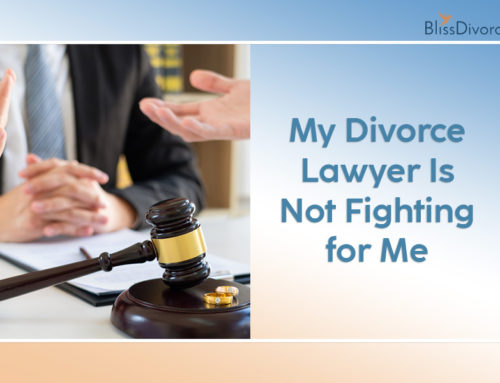If you have children under the age of 18, one of the most important and challenging things in your divorce agreement is custody. With so many legal terms and logistics, it can seem downright overwhelming. We’ve broken the issue down for you. This article will help you think through the issues that you and your spouse will need to reach an agreement on.

Source: shutterstock.com / Photo Contributor: fizkes
Best Interest of the Children
In general, you and your spouse have the right to decide the terms of your divorce agreement. But when it comes to child custody and visitation, things are different. A judge can overrule your agreement if they feel it is not in the best interest of your children. This is the standard by which the court will review your decisions on child custody and visitation.
What does “best interest of the children” mean? The court will look at:
- Health, safety and welfare of your children
- The nature and amount of contact with parent
- Any history of abuse
- Illegal use of controlled substances by either parent
When it comes to working out your child custody agreement, it’s important that you take the same view as the court: do what’s in the best interest of your children. More than any other part of your divorce agreement, when it comes to child custody decisions, it’s best to set aside your anger and feelings towards your spouse and put your children first.
The Major Issues To Consider
What are the decisions you need to make while taking the best interests of your children into account?
Don’t worry if you don’t know all the legal terms. These are the general topics you will need to consider:
- Where does the child spend time, and when?
- Who makes medical decisions?
- Who makes decisions about education?
- Who makes decisions regarding their religious life?
- How will you handle it if one of you needs to move?
- Who pays for the expenses when the child must travel to see one parent or the other?
- Are there people other than you and your spouse that will be responsible for their care or decision making?

Source: shutterstock.com / Photo Contributor: Freeograph
What’s Happening Right Now?
Your life will change as a result of divorce, but usually the less your children’s lives change, the better. Changing schools, changing doctors, changing places of worship, or changing the balance of time spent with each parent will add stress to the difficult transition associated with their parents getting divorced.
Take some time to write the details of your present arrangement, so you can have it in front of you when you work out your agreement.
What Needs To Change?
Sometimes, what’s already happening in your children’s life isn’t ideal for them. Other times, what is working right now will not work once the divorce is final, and both parents have settled into their post-divorce lives.
A few issues for you to think about:
- Are either or both of you struggling to balance work and childcare, or will you, once the divorce is final?
- Do you need to transition away from making joint decisions with your co-parent? If so, how will you divide the decision-making?
- Is their schooling situation not serving them well?
- Is one of you struggling to care for them due to work, health, or other considerations
To help with your agreement take note if you think any of these issues might apply.

Source: shutterstock.com / Photo Contributor: Studio Romantic
Reaching Agreement
It can be hard to reach agreement on child custody issues. Perhaps the best advice is to do what’s in your children’s’ best interest, even if it means making a decision you don’t like. If you and your spouse have trouble agreeing, a skilled mediator can help you avoid the time and expense of going to court to have a judge settle the matter for you. You can choose from experienced, highly-rated mediators at BlissDivorce.




